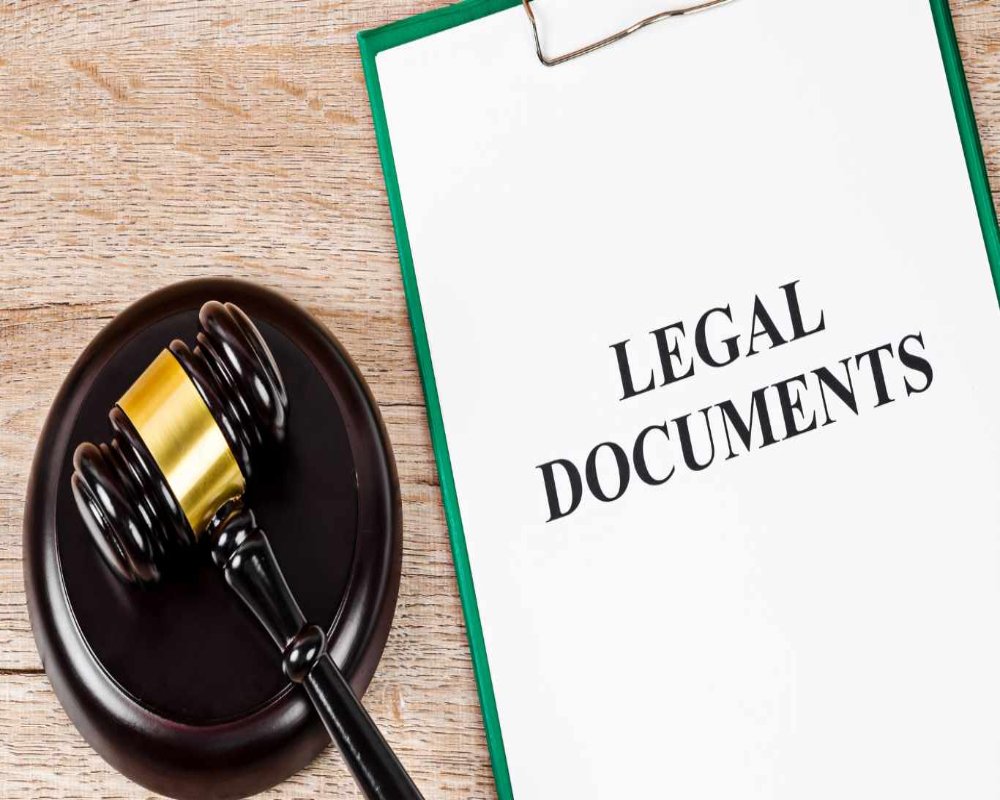Introduction
Legal documentation forms the cornerstone of any land transaction, serving as the official record that defines the rights, responsibilities, and terms of transfer between parties. In the realm of land acquisition—whether for residential, commercial, or industrial purposes—legal documents provide the foundation for verifying ownership, ensuring lawful transfer, establishing compliance with zoning and land use laws, and protecting parties from fraud, disputes, or future claims.
For industrial land deals in particular, the complexity of legal documentation increases due to the scale of the transaction, regulatory involvement, and long-term operational implications. Legal paperwork not only ensures the authenticity of the deal but also facilitates seamless integration with local planning authorities, financial institutions, and utility providers. It provides transparency, accountability, and enforceability, making it one of the most critical components of a secure and compliant land acquisition process.
Purpose and Significance
The primary purpose of legal documentation in land deals is to establish clear, indisputable records of ownership and contractual agreement. These documents define who owns the land, how it is being transferred, what restrictions (if any) apply, and what legal obligations must be fulfilled by the parties involved. They also offer evidence that can be presented in court in case of litigation and are used by banks, government authorities, and regulatory bodies to validate transactions.
Moreover, legal documentation protects the buyer by ensuring that the land is free from encumbrances, litigations, or hidden claims. It also enables the seller to assert a lawful and complete transfer of rights, absolving them from future liabilities once the deal is finalized.
Types of Essential Legal Documents
A land transaction typically involves several layers of documentation. The sale deed is the most important among them, as it formalizes the agreement and legally conveys ownership from seller to buyer. This deed must be registered with the local Sub-Registrar Office to be legally valid.
Other critical documents include the title deed, which proves the seller’s ownership; the encumbrance certificate, which confirms the absence of liabilities or legal dues; and the mutation certificate, which updates the land records to reflect the buyer’s name. In cases of land conversion—from agricultural to industrial use—an order of conversion must also be obtained from the competent authority.
For land located in industrial parks, SEZs, or other government-designated zones, specific allotment letters, lease deeds, or licensing agreements may apply. Environmental clearance documents, building permits, and no-objection certificates from relevant departments also form part of the broader legal documentation package required before land development begins.
Legal Verification and Due Diligence
Before proceeding with the signing and registration of legal documents, it is essential to conduct thorough legal due diligence. This involves verifying the authenticity of each document, confirming the rightful ownership, checking for disputes or encumbrances, and ensuring the land is in compliance with applicable land use and environmental regulations.
A qualified property lawyer or legal advisor typically undertakes this verification process, ensuring that all records are consistent and complete. If any inconsistencies or gaps are found in the documentation, corrective measures such as rectification deeds, affidavits, or title clarifications must be obtained before moving forward.
Conclusion
Legal documentation is a vital element in land deals, providing legal clarity, transactional security, and enforceable rights for all parties involved. In industrial land acquisitions, where operational and regulatory considerations are extensive, the role of precise, compliant, and verified documentation becomes even more critical. From establishing ownership to registering transfer, every legal document contributes to building a strong foundation for lawful possession, development, and future use of the land. Ensuring completeness and accuracy in legal documentation not only protects against legal risk but also accelerates approvals, facilitates financing, and supports long-term asset value.
Hashtags
#LegalDocumentation #LandDeals #RealEstateLaw #PropertyTransactions #LandOwnership #LegalAdvice #RealEstateTips #PropertyLaw #ContractLaw #LandAcquisition #RealEstateInvesting #LegalGuide #PropertyDocumentation #LandContracts #RealEstateEducation #LegalHelp #HomeBuying #RealEstate101 #LandUse #PropertyRights


